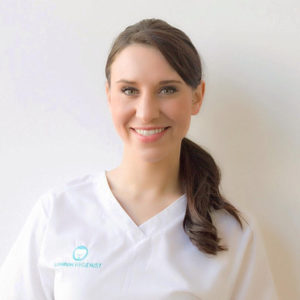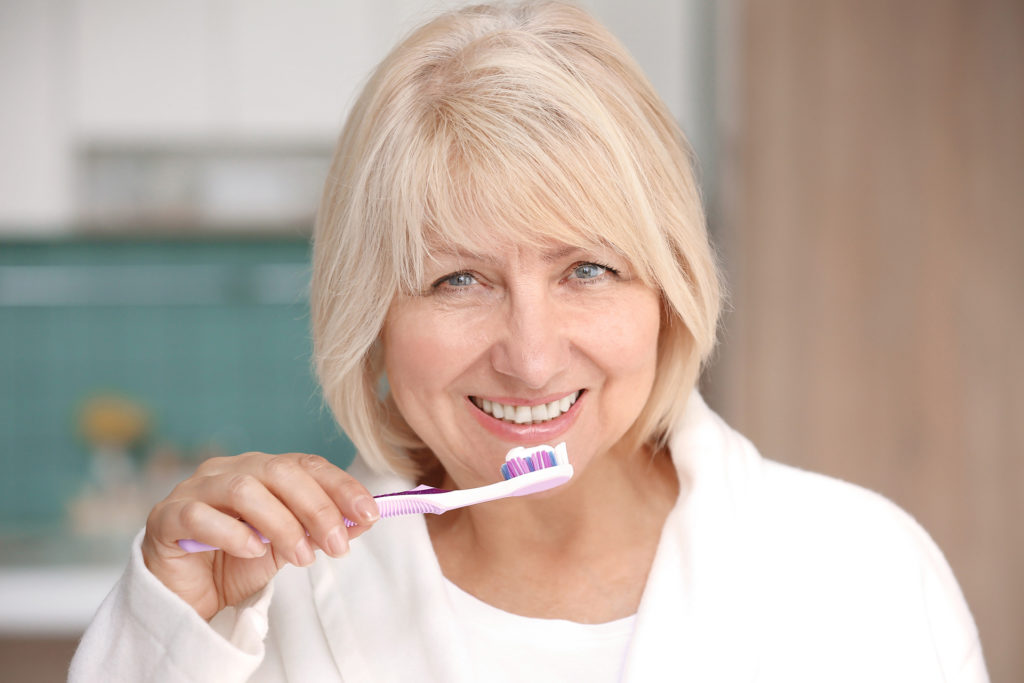Would You Know The Symptoms Of Mouth Cancer?

By Gum Specialist, Dr Reena Wadia, Founder of RW Perio
Around 60,000 people will be diagnosed with mouth cancer over the next decade. Tobacco use is still considered the main cause of mouth cancer. According to the World Health Organisation, up to half of current smokers will die of a tobacco-related illness – including mouth cancer. Drinking to excess can increase the risk of mouth cancer by four times. Those who smoke and drink are up to 30 times more likely to develop mouth cancer. Poor diet is linked to a third of all cancer cases.
Experts suggest the Human Papilloma Virus (HPV), transmitted through oral sex, could overtake tobacco and alcohol as the main risk factor within the coming decade. Cancers can occur in any part of the mouth, tongue, lips, and adjacent areas like the throat, salivary glands, pharynx, larynx, sinus, and other sites in the head and neck area.
Be mouthaware and regularly see your dentist for check-ups as this will include a oral cancer check. Look out for ulcers that don’t heal within 3 weeks as well as unusual lumps, swellings or patches.
Award-winning dental hygienist and founder of London Hygienist, Anna Middleton says: “An astonishing 90% of mouth cancer diagnoses are linked to lifestyle and risk factors. The biggest risk factors that have been shown to play a part in contracting the disease are:
- Smoking, chewing tobacco and smokeless tobacco. Tobacco transforms saliva into a dangerous mixture that can damage the cells in the mouth and can turn them cancerous.
- Alcohol. Heavy drinkers and smokers are up to 30 times more at risk as alcohol helps absorb the tobacco into the mouth.
- Diet. Research has suggested that in a healthy balanced diet, including five portions of fruit and vegetables, there is a significant risk reduction in developing mouth cancer.
- Human Papilloma Virus (HPV). This is a sexually transmitted virus which is increasingly being linked to mouth cancer.
“While many cases are linked to lifestyle choices, it is important to remember that mouth cancer can affect anyone. It can appear in several places – lips, tongue, gums, tonsils, cheeks, roof and floor of the mouth – and can have a devastating effect on a person’s life. It can impact breathing, eating, drinking and speaking, which can ultimately lead to nutritional deficiency, depression, low self-esteem and social isolation. The best way to tackle cancers of the mouth is through early intervention. If mouth cancer is picked up early, treatment is more likely to be successful.
The three most comment signs and symptoms not to ignore include the following:
- Ulcers which do not heal in three weeks
- Red and white patches in the mouth
- Unusual lumps or swellings in the mouth or head and neck area
It is important that everyone regularly checks for changes in their mouth. This is something I do at the beginning of every appointment. By being Mouthaware and by spotting mouth cancer at the initial stages, we can give everyone the best possible chance of successful treatment.”









